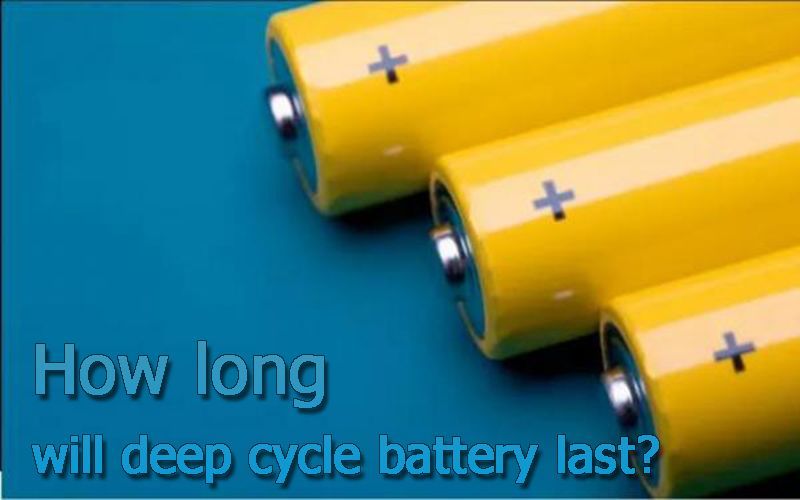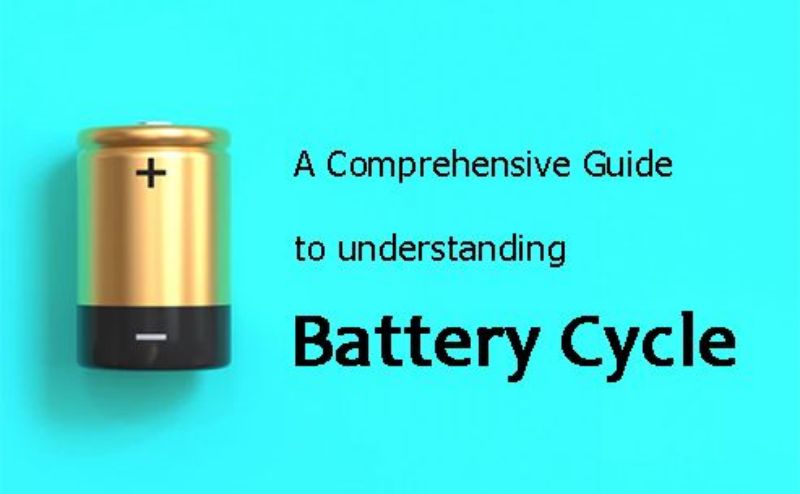
Main content:
- 1.What is a battery cycle?
- 2.How many cycles does a battery have?
- 3.How to calculate how long can a battery last?
- 4.What is a good amount of battery cycles?What does 1000 cycles mean for batteries?
- 5.What factors affect battery cycle?
- 6.How to prolong the battery cycle?
- 7.Which battery has highest battery cycle?
- 8.How long will a deep cycle battery last?
A battery is a device that converts chemical energy into electricity by electrochemical means. In a battery, the direct conversion of chemical energy into electrical energy is the result of spontaneous oxidation and reduction reactions in the battery, which are carried out on the anode and cathode respectively. Batteries can be divided into rechargeable batteries and non-rechargeable batteries.
Non-rechargeable batteries are disposable batteries that are commonly used in TV remote controls and many other electronic devices. They are widely used because of their large battery capacity and portability. But once their batteries run out they can't be recharged and thrown away. Common disposable batteries include alkaline manganese batteries, zinc manganese batteries and so on.
The rechargeable battery can be recharged and used repeatedly. According to the different production materials and processes, the common rechargeable batteries are lead-acid battery, nickel-cadmium battery, nickel-iron battery, nickel-hydrogen battery and lithium-ion battery, which have the advantage of long cycle life. Of the rechargeable batteries, lithium-ion batteries perform best because they have the longest battery cycle life and no memory effect. So what is the battery cycle? How is it calculated? You will learn more about the battery cycle by reading this article.
1.What is a battery cycle?
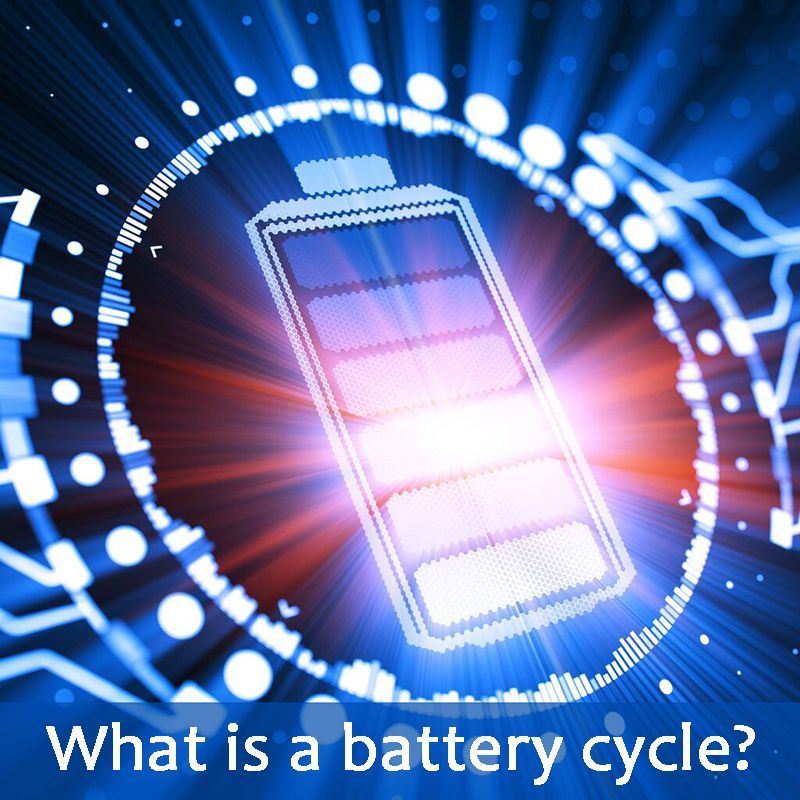
The number of cycles is the total number of full and partial discharge cycles that this number represents over the entire battery life. A battery cycle is a complete charge and discharge cycle, so the number of cycles is actually a charge cycle calculation method. The battery discharge to 50% charge twice is counted as a discharge cycle, and the discharge cycle is counted as the cycle number. When the battery reaches a full charge cycle, the number of battery cycle will be +1. A one-charge cycle means that the battery has been fully charged once, but it does not necessarily mean that only one charge has been made.
2.How many cycles does a battery have?
Generally, Lithium-ion batteries have a long battery cycle life of up to 4,000 cycles, which far beyond regular batteries. A one complete charge cycle is the period of usage from fully charged to discharged and then again to fully charged. A recharged battery although has a limited life span and after which it slowly loses its charge capacity for its better performance. The cycles in the battery also depend on the usage, material and DOD, like it may be 1500 to 4000 cycles for a heavy usage battery.
3.How to calculate how long can a battery last?
The battery life is estimated and is measured usually in Amp-hours (Ah) or milliamp-hours(mah), but Watt-hours(wh) can also be used. It may be calculated from the input current rating of the battery and also the load current of circuit. The capacity of the battery can be mathematically measured by the following derivation, The battery runtime = battery capacity in mAh / load current in mA’0.70. The factor of 0.7 makes allowances (temperatures, ageing etc.) for the external factors that can affect the battery life.
However, for a lithium-ion battery, it is completely discharged after full charge, cycle until the capacity decays to 80% of the initial capacity, at this time the cycle times is called the cycle life of the lithium battery. After 4,000 cycles, the DOD(depth of discharge) of a lithium-ion battery remains 80%. e.g., For 4000 cycles, the lifetime of the lithium ion battery is about 10 yrs, if the battery cycles once a day.
4.What is a good amount of battery cycles?What does 1000 cycles mean for batteries?
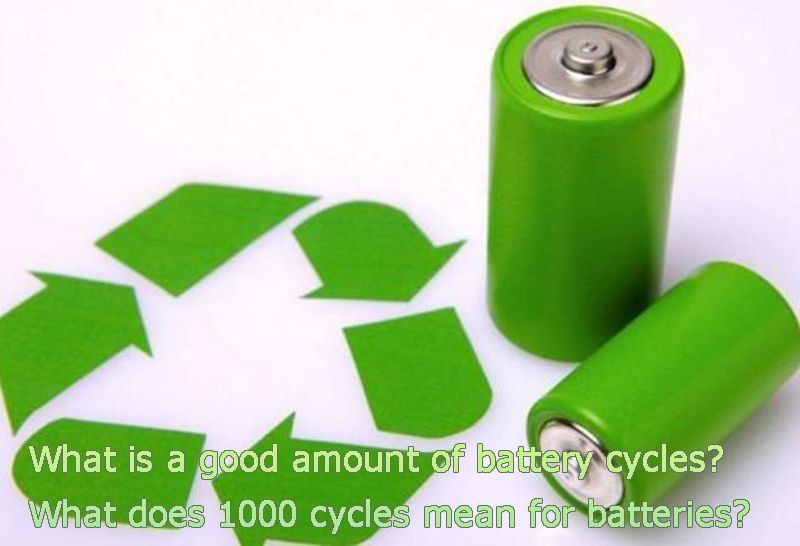
The general average battery cycle or lifespan of a lithium-ion battery can also be 4,000 cycles. Now, this is the stop where the charge carrying capacity of the battery reduces to 80% of the built-up capacity of the battery. This is however considered good, as it has bigger capacity if we consider it with the a different kind of battery with low capacity. However, the battery cycle and efficiency of the battery relate in the sense that it depends on the charge capacity of the battery and the function for whom it is used and the battery product quality.
5.What factors affect battery cycle?
However, there are various factors on which the cycles of the battery depends, like the temperature of the environment in which the battery is, the battery composition, type and cycling or the service of the battery. The normal temperature is almost 25°C. high temperature drains the battery fast. Cycling or servicing the battery is also very important to keep the battery working better. Application of the battery, i-e, the right battery for the required application is also important. Maintenance of the batteries through servicing is also important. They take a note of the battery life, which is checked or estimated by impedance check, battery monitoring systems, etc. But it is worth mentioning that lithium-ion batteries are maintenance-free, but as the number of times of use increases, the chemical materials will gradually fail, and the capacity will gradually decay.
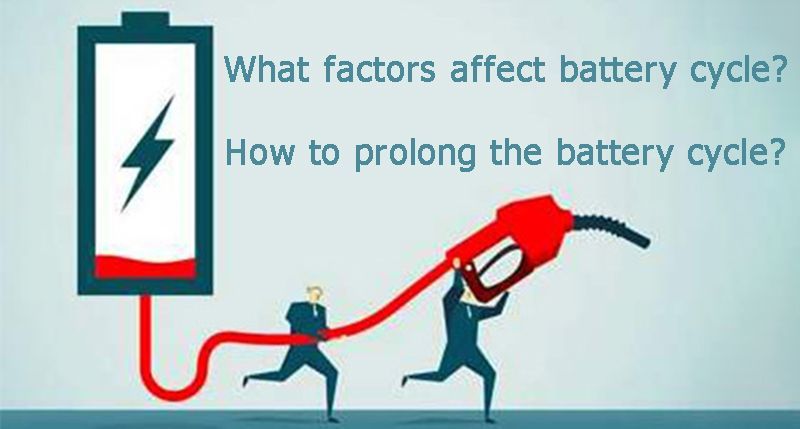
6.How to prolong the battery cycle?
We can take care of the battery in various ways and can make it efficient for more time. We can also boost or prolong the battery life, by taking precautions. Like before storing, charging or discharging the battery for almost 50% of capacity. Avoid the charging to 100% of the capacity, choose the right termination method for a charge, avoid over discharge, and select a correct charger for the battery.
7.Which battery has highest battery cycle?
It is seen that the one with pure lead batteries has the highest life span of almost 9 years. But lithium-ion batteries are still the longest life cycled batteries with 4,000 (almost) cycles, while the lead batteries have 200-300 cycles. As we discussed earlier that one should take care of the battery while charging even, and also the other precautions are important to keep the battery long-lived and working effectively.
8.How long will a deep cycle battery last?
A deep cycle battery is one that has a higher number of battery cycle, On average, a deep cycle lithium ion battery will last you for 4000 cycles and 80% DOD before you notice a considerable decline in performance. Its up to us that how efficiently, we use the battery, and how we take care of it. The lithium deep cycle battery lifespan will significantly drop, so with the charging cycles if you don't use them correctly. Precautions taken by us are very small but they can prolong the battery usage time.
